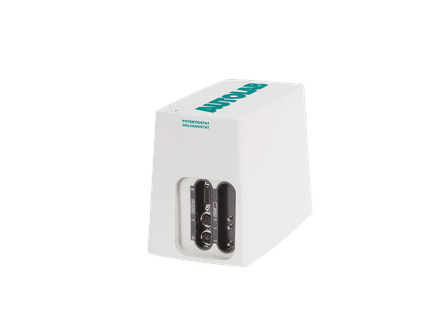To use all functions of this page, please activate cookies in your browser.
my.chemeurope.com
With an accout for my.chemeurope.com you can always see everything at a glance – and you can configure your own website and individual newsletter.
- My watch list
- My saved searches
- My saved topics
- My newsletter
Antiplatelet drugAn antiplatelet drug is a member of a class of pharmaceuticals that decreases platelet aggregation and inhibits thrombus formation. They are effective in the arterial circulation, where anticoagulants have little effect. Product highlightThey are widely used in primary and secondary prevention of thrombotic cerebrovascular or cardiovascular disease. Choice of antiplatelet drugA recent review [1] states: "....low-dose aspirin increases the risk of major bleeding 2-fold compared with placebo. However, the annual incidence of major bleeding due to low-dose aspirin is modest—only 1.3 patients per thousand higher than what is observed with placebo treatment. Treatment of approximately 800 patients with low-dose aspirin annually for cardiovascular prophylaxis will result in only 1 additional major bleeding episode." Antiplatelet drugsThe most important antiplatelet drugs are:
See also
|
| This article is licensed under the GNU Free Documentation License. It uses material from the Wikipedia article "Antiplatelet_drug". A list of authors is available in Wikipedia. |







